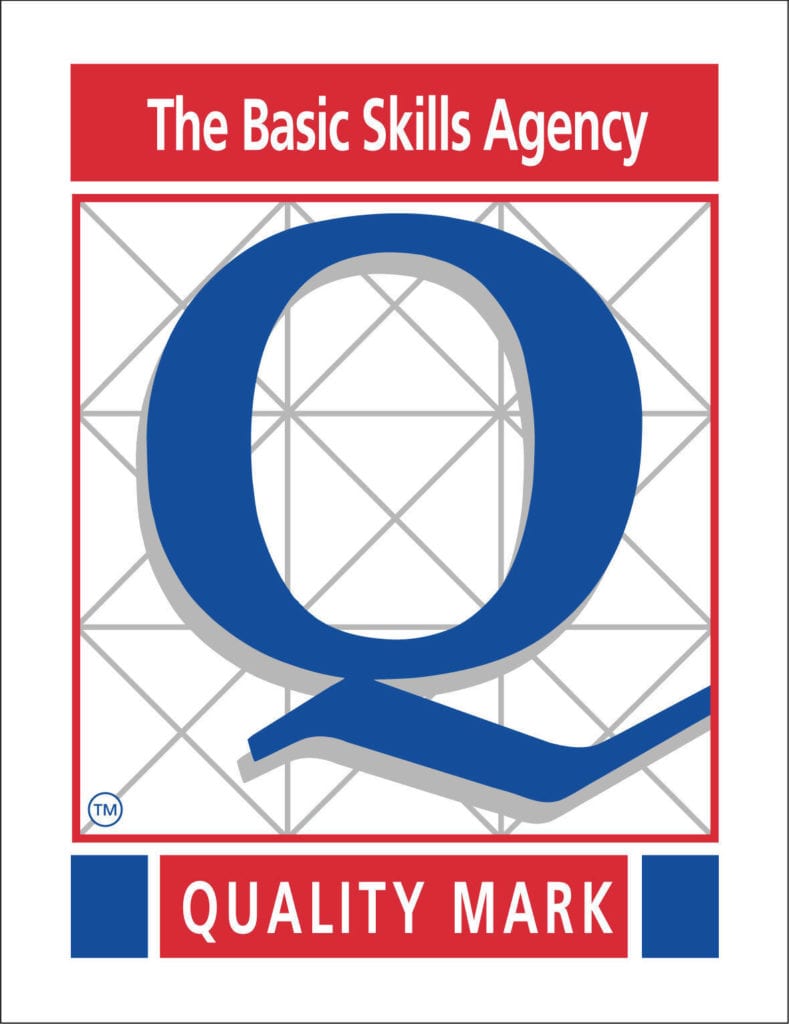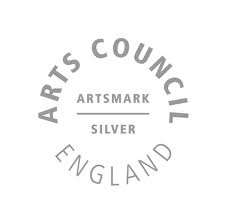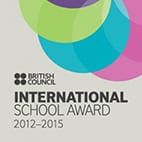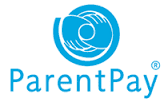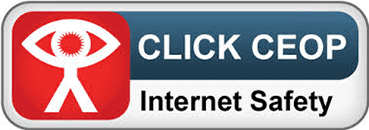Intent
At Consett Infant School it is our intention to provide children with a high quality English curriculum which enables them to communicate ideas and emotions effectively to others.
Writing is a crucial part of our curriculum for children from Reception to Year 2 as they are provided with many opportunities to develop and apply their skills across the curriculum.
At Consett Infant School we strive to support our children to develop into articulate and effective communicators who are equipped with the basic skills they need to become lifelong learners. Our reading and writing ethos are intertwined as we believe that if children enjoy reading and being read to, this in turn is key to developing and enriching children’s vocabulary, knowledge and understanding and in turn motivating them to write for themselves. Our intentions for children are to:
- Write for a purpose
- See themselves as writers
- Take ownership of their writing
- See writing as an enjoyable and interesting process.
- Acquire skills in transcription and the ability to organize and plan written work.
Implementation
Early writing is taught through early mark making. In Reception children are encouraged to make marks and give meaning to their early transcriptions. Children begin using Little Wandle Systematic Synthetic Phonics and are taught correct letter formations to match the phonemes they are learning. This begins with activities such as writing letter shapes in the air, in sand, shaving foam, paint and with a wide range of writing tools. Children are then encouraged to use the sounds they have been taught to build phonetically regular cvc words and high frequency words. Children are also encouraged to practice the skills they have learnt in phonics to build simple sentences and phrases with support and guidance of the staff. Children are also encouraged to write for a purpose linked to activities they are involved in during continuous provision.
In Key Stage One children follow Medium Term planning which outlines what should be taught linked to National Curriculum expectations. Writing sessions are based around class texts which encourage children to explore the structure of different genres of writing. Vocabulary is highlighted and discussed in order to strengthen children’s knowledge, understanding and application into their own work.
Children have opportunities to talk about and plan writing for a specific purpose. This may take place over a sequence of lessons in order to encourage high quality sentence and word level work. Children work with staff to review and edit work to ensure writing is purposeful and aspects which have been taught are applied.
In order for writing to become fluent, children must learn to be confident and automatic in transcription skills and spelling. Handwriting is taught as part of our Phonics programme and letter formation practice is integrated within this. Spellings are developed through the Little Wandle phonics teaching also. In Year 2, after completing the phonics programme, children have discrete spelling lessons which focus on spelling rules linked to National Curriculum age related expectations.
As part of the writing process children are taught discrete punctuation and grammar skills which are appropriate to their year group. Children are given opportunities to apply grammar and punctuation skills in sentence level work and in longer pieces of extended writing across a range of genres.
Impact
The intended impact of our writing curriculum is that children enjoy writing for a purpose across a range of genres and for a variety of audiences. The impact is that children will develop their vocabulary which can be used effectively across the curriculum as well as being able to apply, spelling, punctuation and grammar rules at an age appropriate level. By the end of Year 2 the impact of our writing curriculum is that most children meet the standards outlined in National Curriculum and are able to confidently move into the Key Stage 2 curriculum on transition to their new school.
By the time children leave Consett Infant School, they will:
- Make good progress from their starting point in writing.
- Have a love for writing.
- Will write for pleasure and enjoyment
- Will produce written work in all curriculum areas which is of a high standard.
- Will be confident to write for a range of different purposes.
The impact of our writing curriculum is monitored closely through learning walks, book scrutiny’s and lesson observations.


